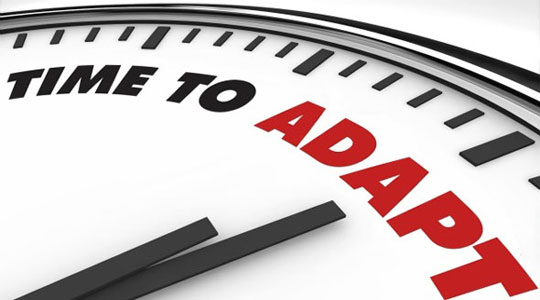The Importance of the Agile Mindset

Weekly scrums, adaptive planning, early delivery, testing throughout the process—there are many different elements that make a team agile. How and when you test, develop, communicate (with both team members and the client), and deliver are all impacted if you decide to make the move to agile, but the daily practices of this rapid methodology might not be as important as the mindset itself.
Bringing in an agile coach to explain how everything is done and why certain people on your team need to do certain things is absolutely beneficial, but it’s that mindset of adaptation and learning that gives agile such a potent punch.
This is a concept that Linda Rising, an author, consultant, and popular keynote speaker, strongly subscribes to. She recently spoke about her upcoming Better Software West keynote with StickyMinds, where she expounded upon agile proper versus the actual agile mindset.
“I think the essence of agile development is learning. That's what agile has brought to the table,” Rising said. “That's the closest we will ever get to being scientific is to deliver small increments, to get feedback on that, to constantly learn about what works and what doesn't work in our environment.
“That's really the message of agile. It's not about doing a daily stand-up or about pairing or any of the other practices. Those are all good things that I believe in, but what's most important for a team is to constantly be learning about what works.”
That agile mindset—the mindset of change, adaptation, and most importantly, learning—is highly beneficial even outside of software. Really, carrying a learning approach into every aspect of your life can allow you to more easily overcome obstacles and not freeze up when you’re expecting a right turn but instead have to take a left.
You need to avoid having what Rising calls a “fixed mindset.” Closing your mind to change and not being ready to alter course can lead to stagnation and, even worse, the inability to evolve.
“If you have a fixed mindset, then you're afraid that if you do fail or if you don't look good, then other people will think oh, you don't have it,” she said. “You don't have the talent. You don't have the intelligence. You don't have what we're looking for.”
Agile is, without a doubt, a set of principles and practices. However, it’s also a mindset that puts learning first and focuses on adaptability. If you can take on that mindset, at both work and in your everyday life, success even in the face of change will be much easier to achieve.

